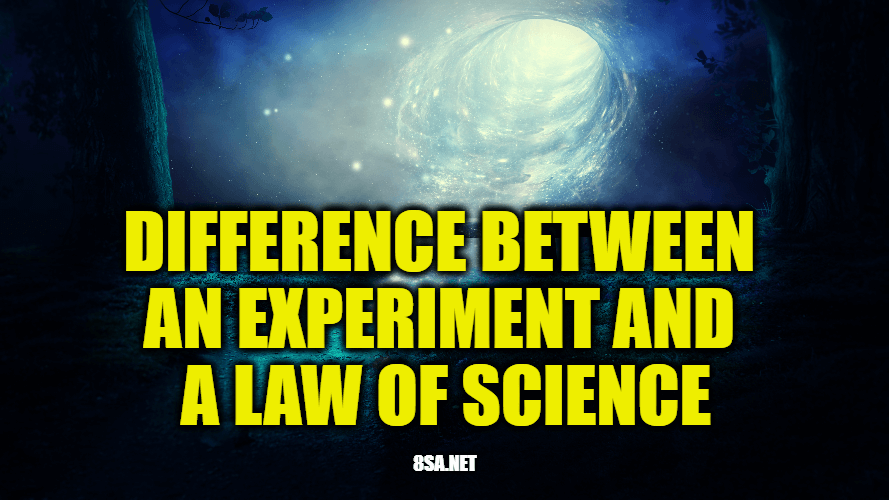Can you explain the difference between an experiment and a law of science? What is experiment and what is law of scince? In short, you can find basic information on our page.

Source: pixabay.com
An experiment is a systematic investigation in which a hypothesis is tested. A scientific law is a statement that describes a pattern in nature. An experiment is a way to test whether a particular scientific idea is true, while a scientific law is a statement that describes what always happens under certain conditions.
In other words, an experiment is a way to find out if a particular hypothesis is true or false, while a scientific law is a statement about how things behave under certain conditions. Scientists use experiments to test their ideas and to gather evidence that supports or refutes a particular hypothesis. If the evidence from an experiment supports a hypothesis, it can become a scientific theory. If the evidence is strong enough, a scientific theory can become a scientific law.
So, to summarize, experiments are used to test hypotheses, while scientific laws are statements that describe patterns in nature.
What is Experiments
An experiment is a systematic investigation in which a hypothesis is tested. In other words, an experiment is a way to find out if a particular idea or hypothesis is true or false. Scientists use experiments to test their ideas and to gather evidence that supports or refutes a particular hypothesis.
An experiment typically involves the following steps:
Formulating a hypothesis: The scientist proposes an idea or explanation for a phenomenon and predicts what will happen under certain conditions.
Designing the experiment: The scientist plans the details of the experiment, including how it will be conducted, what variables will be measured, and how the data will be collected and analyzed.
Conducting the experiment: The scientist carries out the experiment, collecting data and observations.
Analyzing the data: The scientist examines the data to see if it supports the hypothesis or not.
Drawing conclusions: Based on the results of the experiment, the scientist determines whether the hypothesis is supported or not, and formulates a conclusion about the phenomenon being studied.
An experiment is a key tool in the scientific method, which is the process that scientists use to study the natural world and answer questions about it. Experiments are used to test hypotheses, gather evidence, and make new discoveries in a variety of fields, including physics, biology, chemistry, and psychology.
What is law of science
A scientific law is a statement that describes a pattern in nature. It is a statement that is always true, under certain conditions. A scientific law is based on observations and experiments that have been repeated many times, and it is considered to be a fundamental principle that describes the behavior of the natural world.
For example, the law of gravity is a scientific law that states that every object in the universe attracts every other object with a force that is directly proportional to the mass of the objects and inversely proportional to the square of the distance between them. This law, which was first proposed by Isaac Newton, is based on observations of the way that objects behave under the influence of gravity.
Scientific laws are different from scientific theories, which are more general explanations of how the natural world works. A scientific theory is a well-tested and widely accepted explanation for a wide range of phenomena, while a scientific law is a statement that describes a specific pattern that has been observed to be true under certain conditions.
In summary, a scientific law is a statement that describes a pattern in nature and is always true under certain conditions. It is based on observations and experiments that have been repeated many times and is considered to be a fundamental principle that describes the behavior of the natural world.